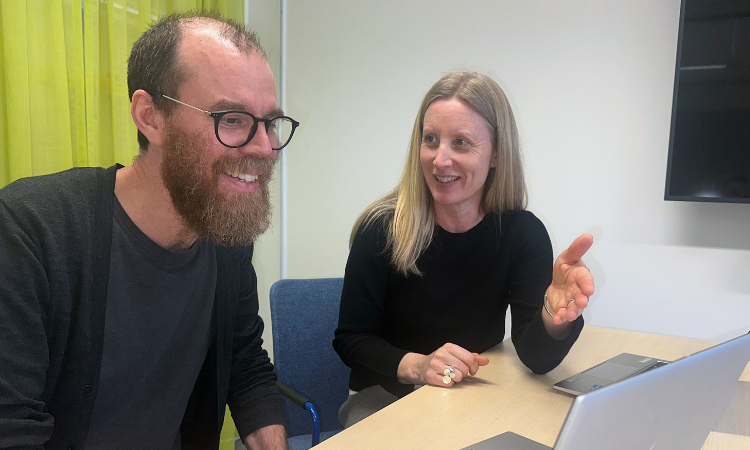ORCID
ORCID (Open Researcher & Contributor ID) is an international register of unique researcher ID's, the main aim of which is to solve the problem of researchers with the same/similar names by giving a unique identifier to researchers throughout the entire world. ORCID has been created at the instigation of universities, funding bodies and publishers/journals and is used both for applications and publications.

Publishers such as Elsevier, Wiley och Springer Nature, and databases such as Web of Science and PubMed are using ORCID in various procedures.
It is also possible to add a biography and upload a publication list and a CV to your ORCID profile. However, the main purpose of ORCID is not to gather together information about researchers; instead it is to be a register with unique researcher IDs that can be used by other services where it is in researchers' interests to show information about themselves and their publications.
As an individual researcher, you will, for example, benefit from having an ORCID in your dealings with funding bodies and journals. Instead of having to repeatedly fill in information about yourself and your publications, increasing numbers of services will come to support this information being automatically retrieved from ORCID.
In KI RIMS you can claim your ORCID and choose whether you want information about your publications to be sent automatically from KI RIMS to ORCID. On the Staff portal there is a section about ORCID under the heading Account settings in KI RIMS that describes how to make these settings.

Publication support
Contact us with questions regarding open access, KI's publishing agreements, bibliometrics, publishing in KI Open Archive and strategic publishing.
If you would like us to get back to you, please submit your contact information in the form below along with your feeback.
